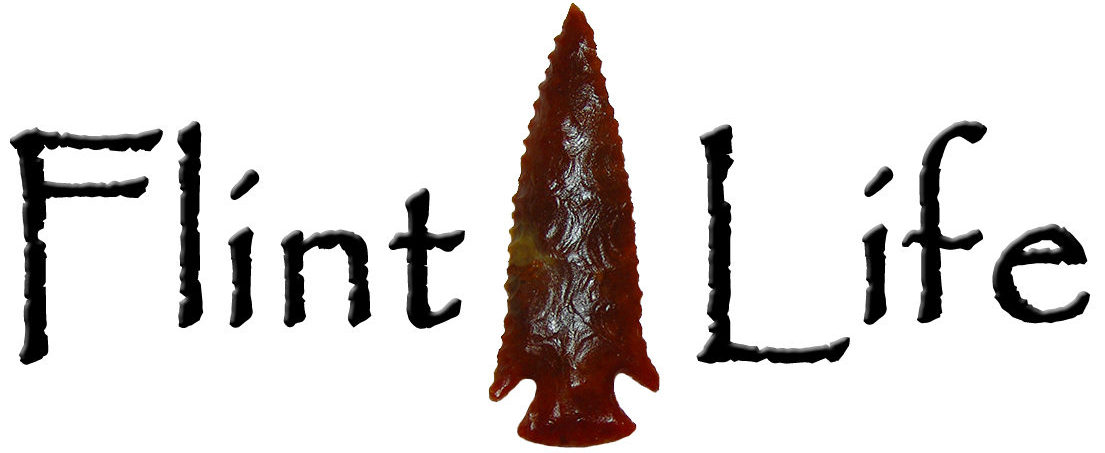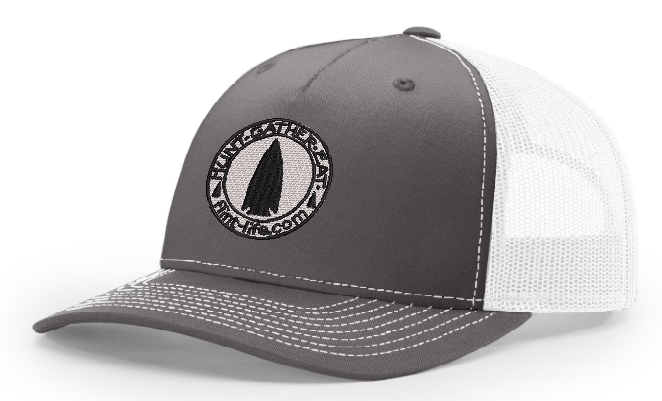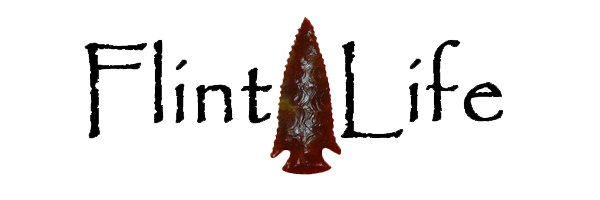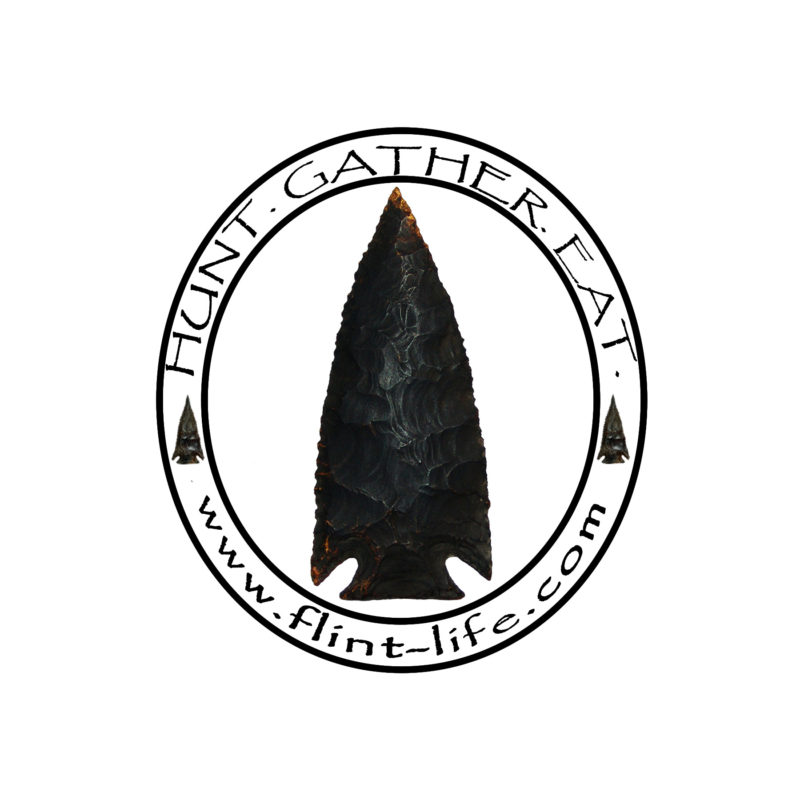It’s a cold and crisp December morning in south Georgia as the hunter’s eyes slowly, but skillfully scan the hardwood bottom searching for movement. The white oaks have been dropping their wide leaves and heavy nuts for several weeks now and the deer have found an abundant food supply close to their bedding cover. While the hunter waits, he fights back his natural impatience. Being perfectly still doesn’t come naturally to him – he wants to move. To stimulate his brain and his cold, achy muscles. The longer he sits, the more his backside starts to hurt.
As the morning sun rises, the woods awake. Shortly after daybreak a young doe appears on the edge of the ridge, easing through the bottom, munching on acorns. In just a few steps, she will be in range. The hunter readies his weapon and eases into position. The deer makes it’s way into an empty lane and the hunter’s aim is true. Just a few yards from impact, she falls. The hunt is successful – there’s meat on the dirt.
This story has repeated itself for thousands of years. In fact, you wouldn’t know whether you just read an account from 2018 or from the woodland period thousands of years ago. As humans have evolved, one thing has remained – the basic instinctual desire to hunt and harvest our own food. Now, obviously times have changed since the Native Americans were the only occupants of these woods – the percentage of those who desire to put in the time, money and effort for a few grocery sacks full of meat is smaller than those who hunted to survive back then. But for those of us who still appreciate what mother nature has to offer, little can compare to the thrill of the hunt. The primal instinct and natural yearning to watch the sunrise. The nerves that rage when you lock eyes with a wild animal and try not to move. The elemental pull of hearing a turkey gobble on the other side of the hill. The discovery of an ancient artifact in the edge of the creek bank proving the ground you’re hunting has produced for others.
Flint Life represents all of that. The desire to be outside. The love for the great outdoors. Choosing a creek bottom over a city street. For those of us that still feel the urge to live closer to our ancestors, versus closer to the grocery store. The hunter that knows he’s not the first one to hunt there. The river rat that feels more comfortable in a boat than in a suit. Flint Life.




